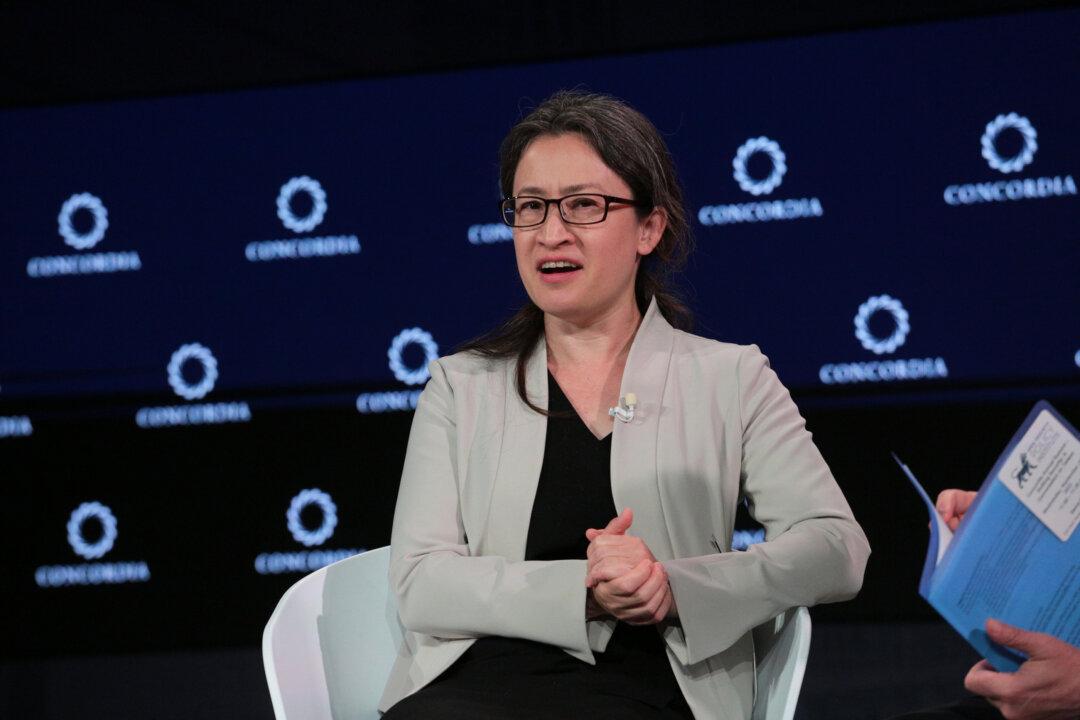Taiwan’s (Republic of China) Vice President-elect Hsiao Bi-khim visited the United States and Europe in “a personal capacity” this week, including visiting the Czech Republic. The Chinese Communist Party (CCP) expressed anger over the visit.
President of the Senate of the Czech Republic Miloš Vystrčil posted a photo of himself with Ms. Hsiao on social media on March 19. In response, the CCP’s Taiwan Affairs Office stated on March 20 that it urged the Czech Republic to handle the Taiwan issue prudently and properly and not to send wrong signals to the “Taiwan independence” separatist forces.




